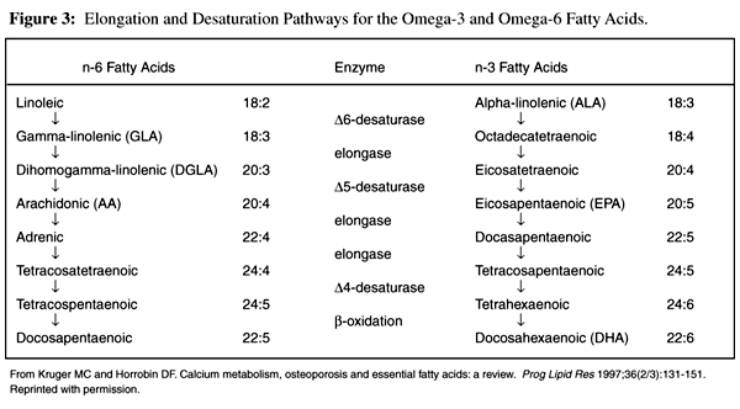Guidelines Call for Increase in Vitamin D
Source: WebMD
New guidelines for vitamin D call for increasing the recommended dietary allowance (RDA) of vitamin D to 600 international units (IU) for everyone aged 1-70, and raising it to 800 IU for adults older than 70 to optimize bone health.
The guidelines, released by the Institute of Medicine (IOM), also raised daily calcium RDAs. The new guidelines call for a recommended dietary allowance of 700 milligrams of calcium per day for children aged 1 through 3, 1,000 milligrams daily for almost all children aged 4 through 8, 1,300 milligrams of calcium per day for adolescents aged 9 through 18, and 1,000 milligrams for all adults aged 19 through 50 and men until age 71. Women starting at age 51 and men and women aged 71 and older need 1,200 milligrams of calcium per day.
The majority of Americans and Canadians are getting sufficient vitamin D and calcium, the new guidelines state. Some adolescent girls aged 9-18 may fall below the daily recommended level of calcium intake, and some elderly people may have an inadequate intake of calcium and vitamin D.
The older vitamin D guidelines call for a recommended dietary allowance of 200 IU a day for people up to age 50, 400 IU a day for those ages 51 to 70, and 600 IU a day for those older than age 70.
Vitamin D helps the intestines better absorb calcium and plays an important role in bone health. It is often called the “sunshine vitamin” because our bodies make it when exposed to sunlight. It is often added to milk.
Growing numbers of studies link vitamin D deficiency to diseases such as heart disease, certain cancers, and diabetes. The studies show associations that indicate further investigation is needed and do not necessarily prove that vitamin D deficiency has a causative role. Many scientists were hoping that the new dietary intake levels would go even higher to reflect the findings of these studies.
But “we don’t think more is better,” says committee member Clifford J. Rosen, MD, a senior scientist at the Maine Medical Center Research Institute in Scarborough. “We believe that taking in amounts larger than 600 to 800 IU a day has no extra benefit for bones.”
You may also want to refer to our:



Vitamin D deficiency is much more common than previously believed — especially in places like Seattle, where sunshine can be a distant memory from October to March.
Vitamin D deficiencies are associated with a huge variety of symptoms. But more importantly, having a regular source of Vitamin D in your diet seems to have a protective effect against many diseases. That being said, it’s important to realize that more isn’t necessarily better. It’s important to get your recommended daily dose of Vitamin D, but going overboard will not have additional benefits and could even be harmful.
Vitamin D helps… I notice when I don’t take my liquid vitamin D and when I do. I big difference in my energy level.